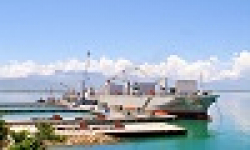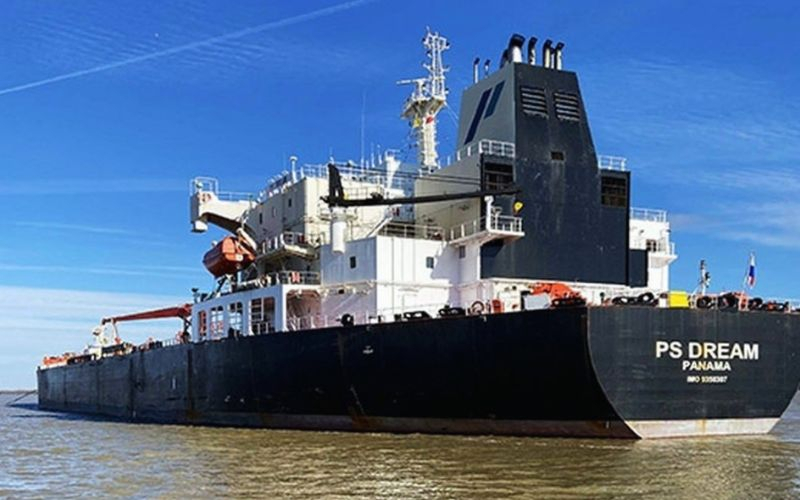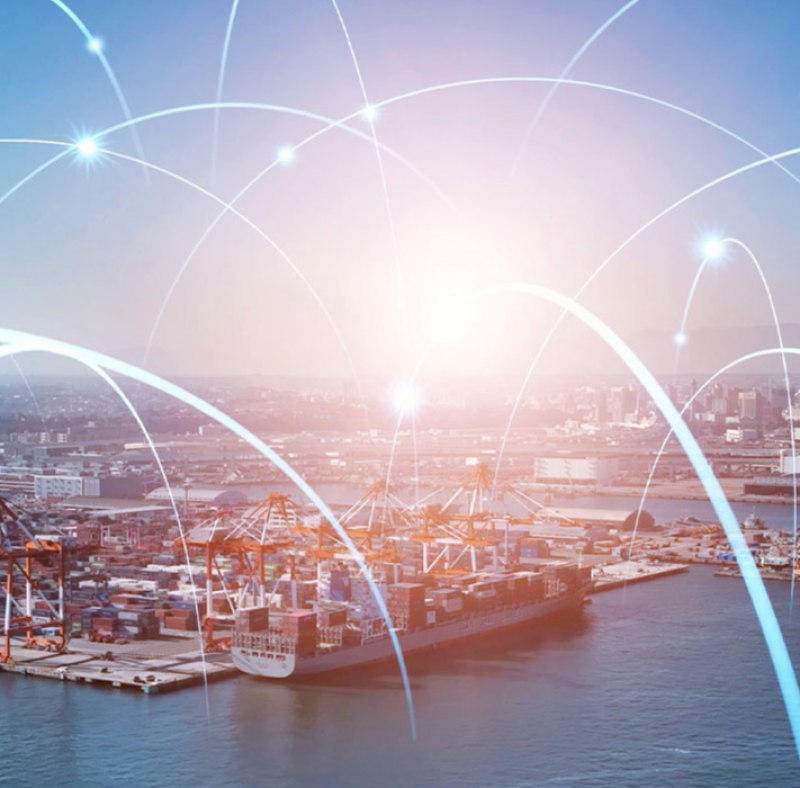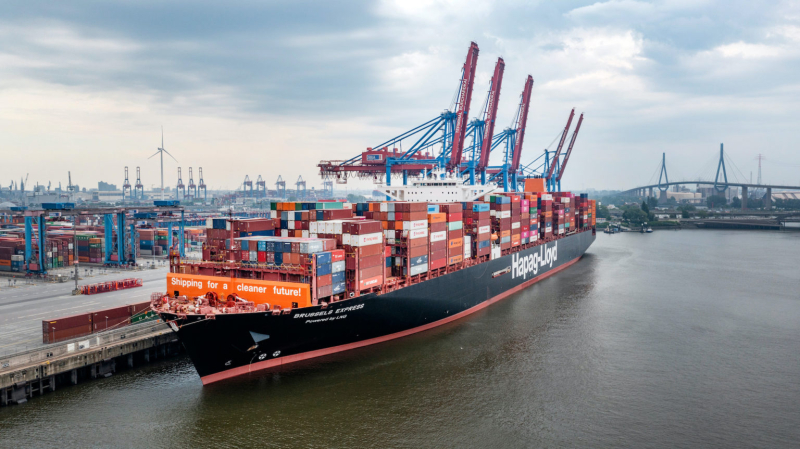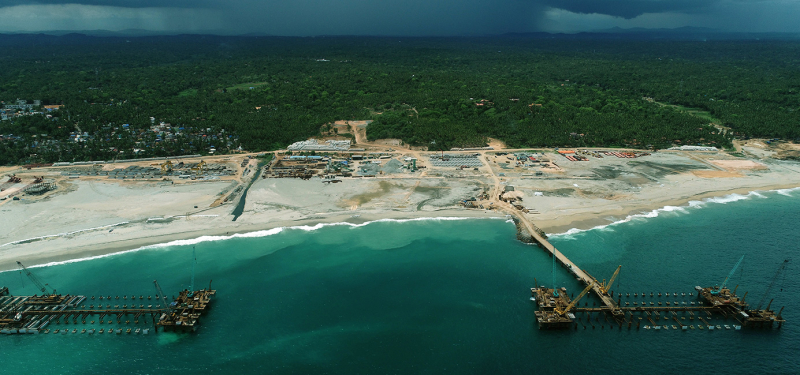The Panama Canal Authority (ACP) announced significant modifications to its Transit Reservation System on Monday, with the unveiling of its next generation Long-Term Slot Allocation (LoTSA) program. The enhanced system, known as LoTSA 2.0, aims to provide “greater certainty, flexibility and value” for canal users while responding to evolving market demands.
“Building on the experience of LoTSA 1.0, this enhanced program introduces a more customer-focused approach to support efficient transit planning and cost-effective operations,” the ACP stated in its Advisory to Shipping.
Key changes include shortening the booking horizon from a 12-month cycle to two separate 6-month cycles. The first cycle will run from January 4 to July 4, 2026, with sealed bids due by October 28, 2025. Daily slot volume has been reduced from 4 to 3 slots per day on average.
The new system introduces segmented service packages tailored for different vessel types, including “Fix packages” for container and gas carriers requiring guaranteed certainty, “Flex packages” for adaptable slot needs, and “Flex+ packages” for more dynamic operations across gas carriers, dry bulk, RoRo, and car carriers.
For LNG vessels, the ACP is reinstating the advanced access rule from 2023 for Booking Period 1A, effective January 4, 2026, which the Authority claims will improve certainty during peak demand periods and reduce the risk of delays.
The ACP is also eliminating the one-slot-per-customer-per-date restriction at the Neopanamax Locks, potentially allowing shipping lines to secure multiple slots on a single day.
According to the ACP, benefits of the new system include the ability to reserve transit dates and submit vessel names up to 15 days in advance, modify booking dates up to twice with 5 days’ notice at no extra charge, and a reduced cancellation penalty of 80% of the awarded bid amount when cancelled 15 days or more in advance.
A dedicated LoTSA Customer Service Team will be available starting in mid-October to provide expert assistance to canal users.
The Panama Canal, a critical maritime shortcut connecting the Atlantic and Pacific Oceans, has been adjusting its operations in recent years to address challenges including water shortages and changing global shipping patterns.



